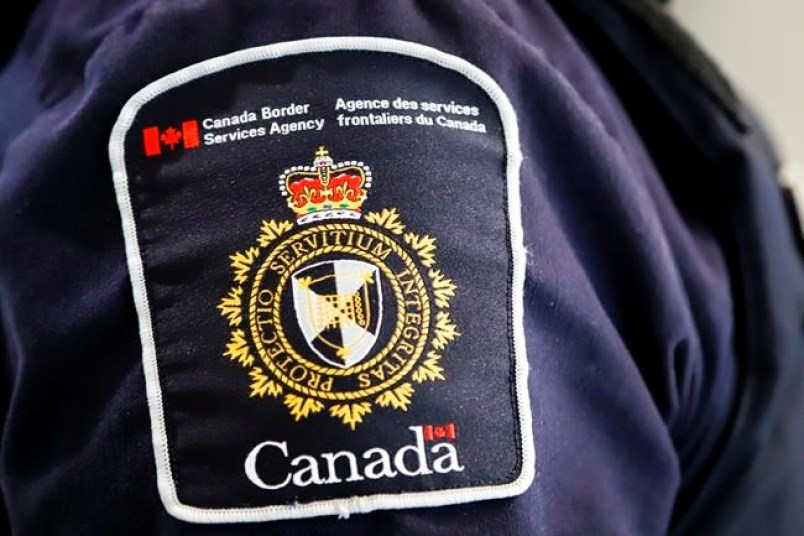An American boat was intercepted near Ucluelet on Monday and ordered to return to the U.S.
Canada Border Services Agency said in a tweet that border officials issued $2,000 in fines for violating the Quarantine Act and failing to report to border authorities when it crossed the international border.
Ucluelet Harbour Master Kevin Cortes said he was contacted by officials to make room in the marina for the vessel and an RCMP boat.
“RCMP showed up that night with the vessel. I moved one of the commercial boats back to make space so they could dock bow to stern… CBSA showed up the next day, but RCMP had the vessel tied,” he said.
Islanders have expressed concern about American boats travelling in B.C. waters despite a ban on non-essential travel, but Cortes said this is the first instance he’s aware of involving an international vessel caught near Ucluelet during the pandemic.
At least two other fines have been issued to boats for violating the Quarantine Act. On July 10, one boater was charged and fined under the federal act. RCMP said it was clear the people on the vessel had misstated their intention to travel to Alaska and had entered Canada for tourism.
A week later, the operator of an American whale-watching vessel was fined. That vessel, with its passengers, was returned to U.S. waters.
Multiple fines have also been issued to drivers for using what’s been called the “Alaska loophole.” Travellers are allowed to cross the border if they are transiting directly to Alaska, but some have been reported for hiking in national parks and appearing to holiday in B.C. and Alberta.
In July, Canada introduced stricter rules for Americans travelling by car through Canada to Alaska, which include a “hang tag” on the rear-view mirror that identifies them as in-transit travellers and shows the date they must leave the country by.
When Americans are nearing their U.S. destination, they must go to the nearest Canadian port of entry to confirm that they are leaving the country.
CBSA said the most recent incident serves as a reminder to all boaters that they cannot cross the border for discretionary purposes.
“Unless exempt, boaters cannot enter Canadian waters (territorial sea and internal waters) or boundary waters for discretionary or optional reasons. These reasons include: touring, sightseeing and pleasure fishing,” the border agency said in statement ahead of the long weekend.
The ban on non-essential travel across the border applies to anyone coming by water, land or air who is not a citizen or resident of Canada. The are exceptions for asymptomatic immediate family members, spouses or common-law partners of Canadian citizens or residents.
The border between Canada and the U.S. closed on March 21. The closure has been extended in 30-day increments since then.




